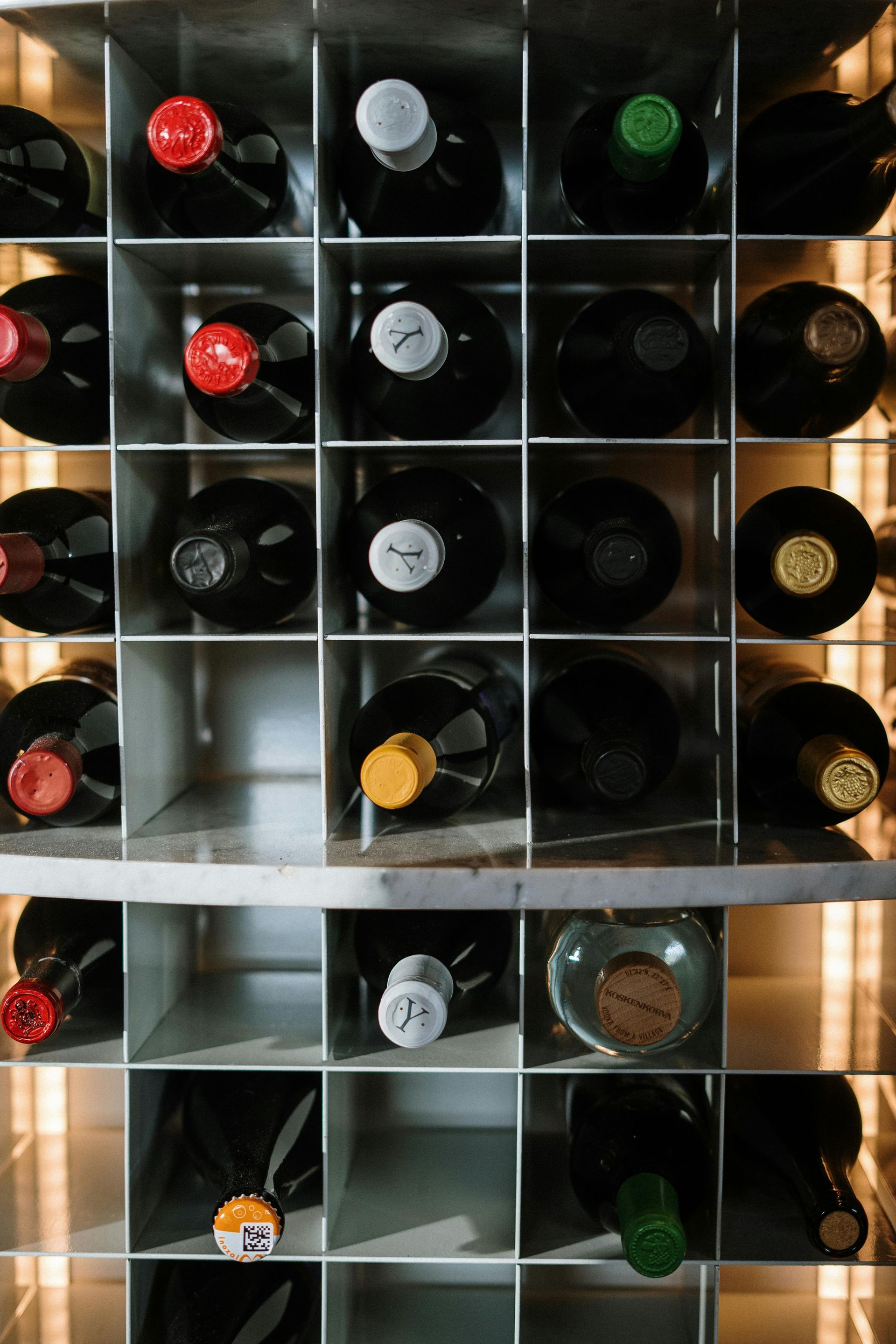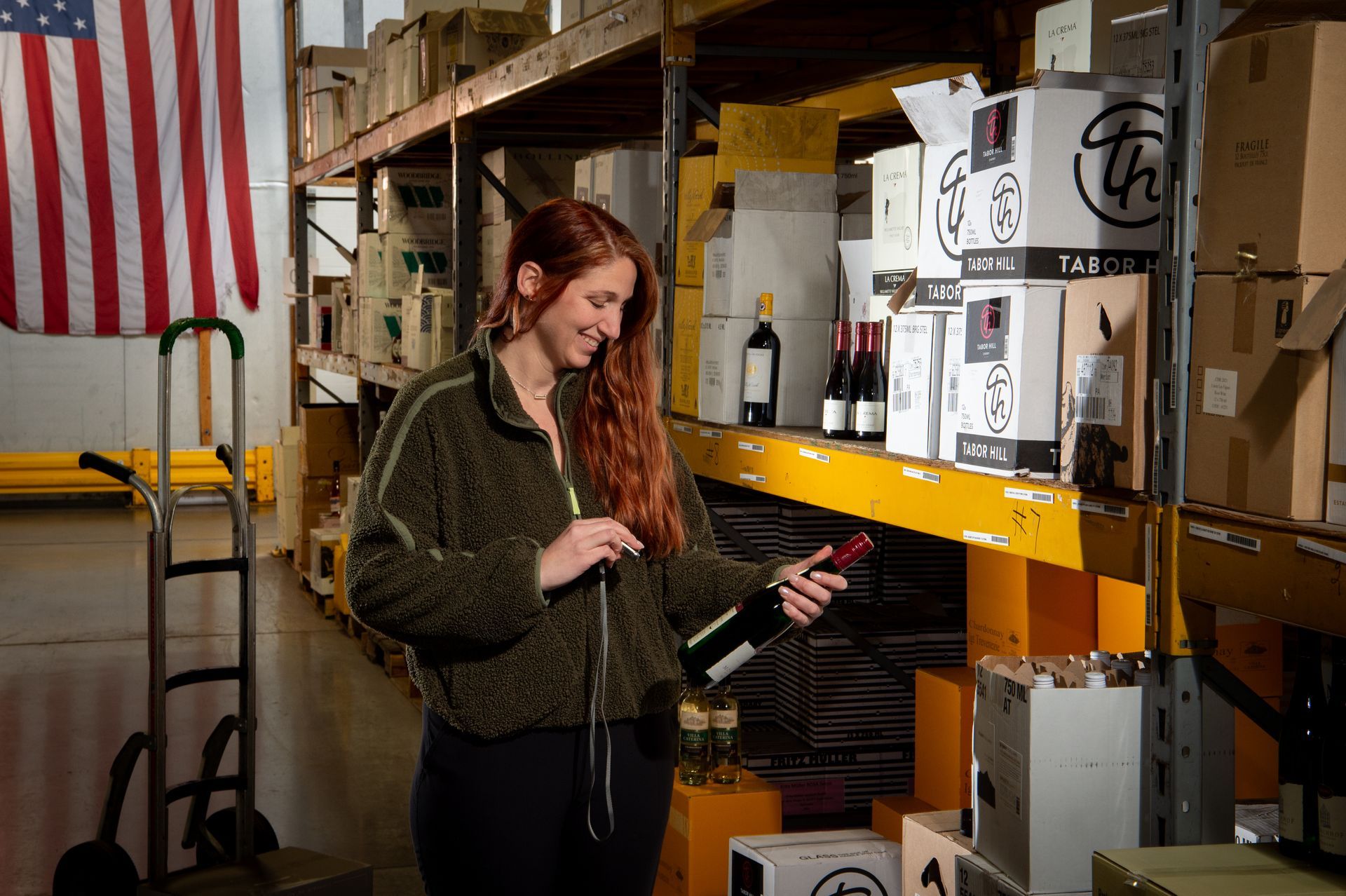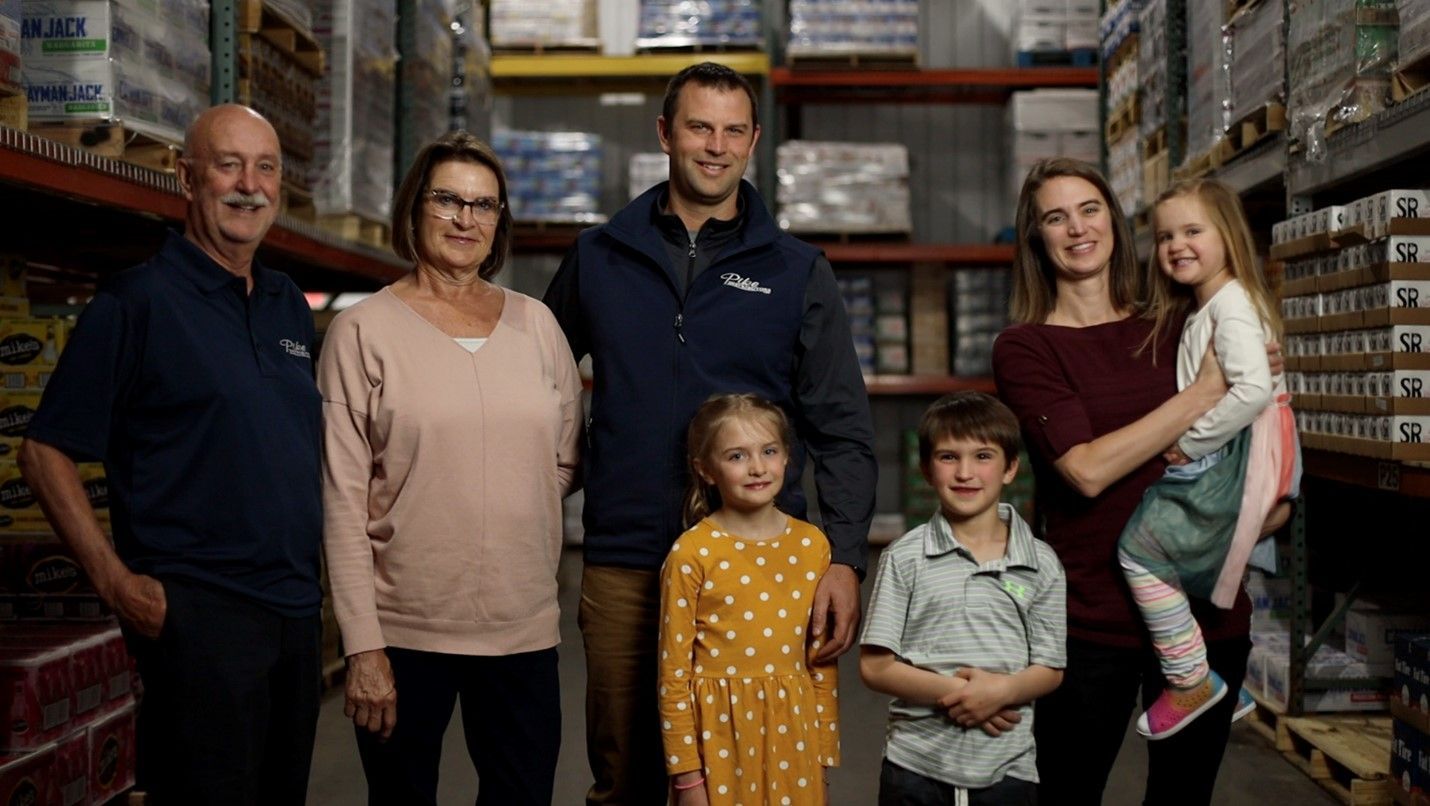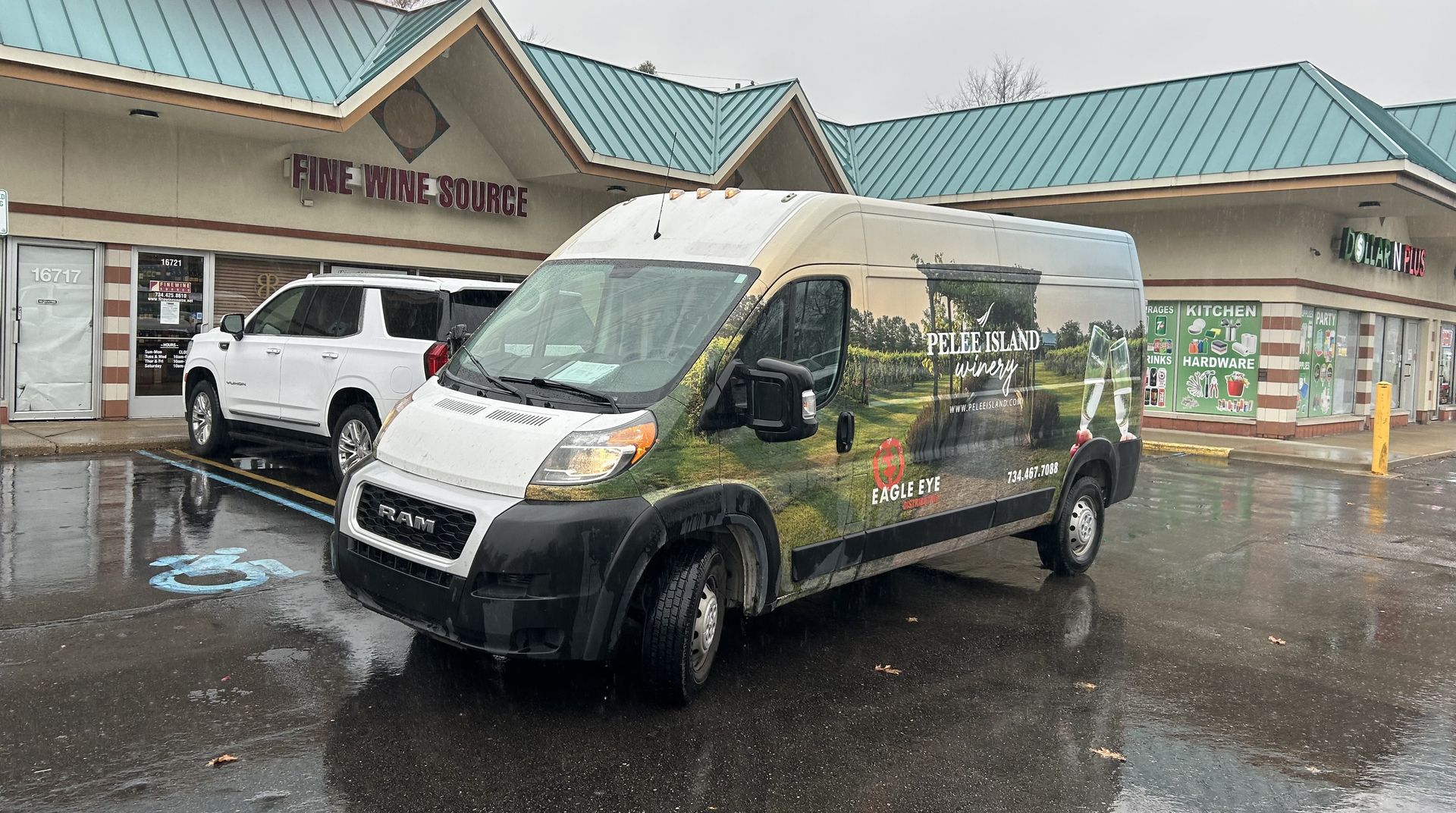Distributor
NEWS
Have a media inquiry for the MB&WWA?
Please contact Rebecca Stow, Marketing & Communications Manager:
(517) 482-5555 ext. 210
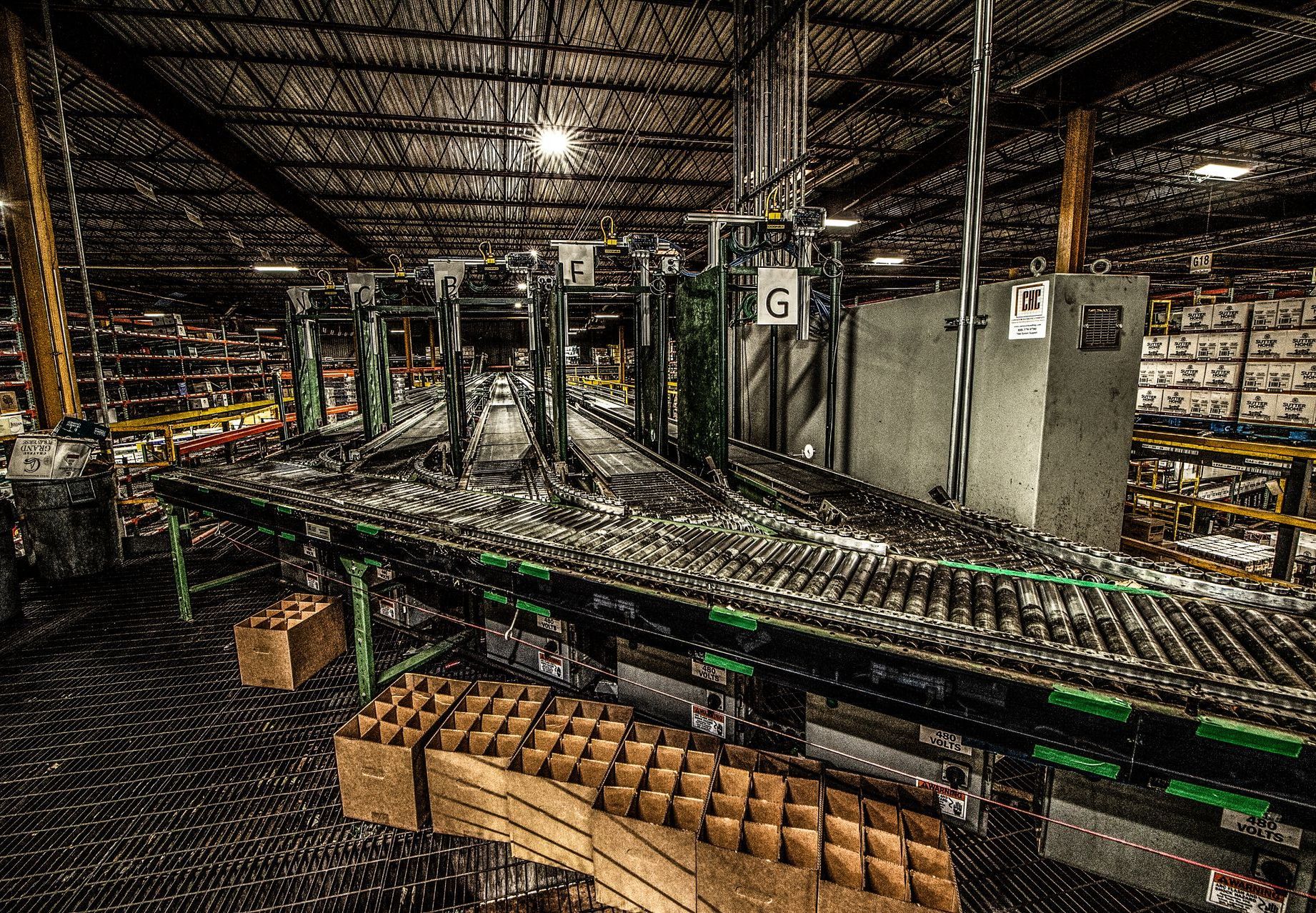
May is Small Business Month—a time to recognize the hardworking people who power our economy and invest in our communities. Among them are Michigan’s independent beer and wine distributors: local businesses that make it possible for your favorite beverages to reach your neighborhood stores, restaurants and bars.

HIGHLAND PARK, Mich. – Great Lakes Wine & Spirits, a leading family-owned and operated wholesale alcohol distributor for nearly 80 years, is proud to partner with the Tunnel to Towers Foundation for a company-wide giving campaign. Starting on Giving Tuesday, Dec. 3, Great Lakes Wine & Spirits will match all employee donations through Dec. 25.
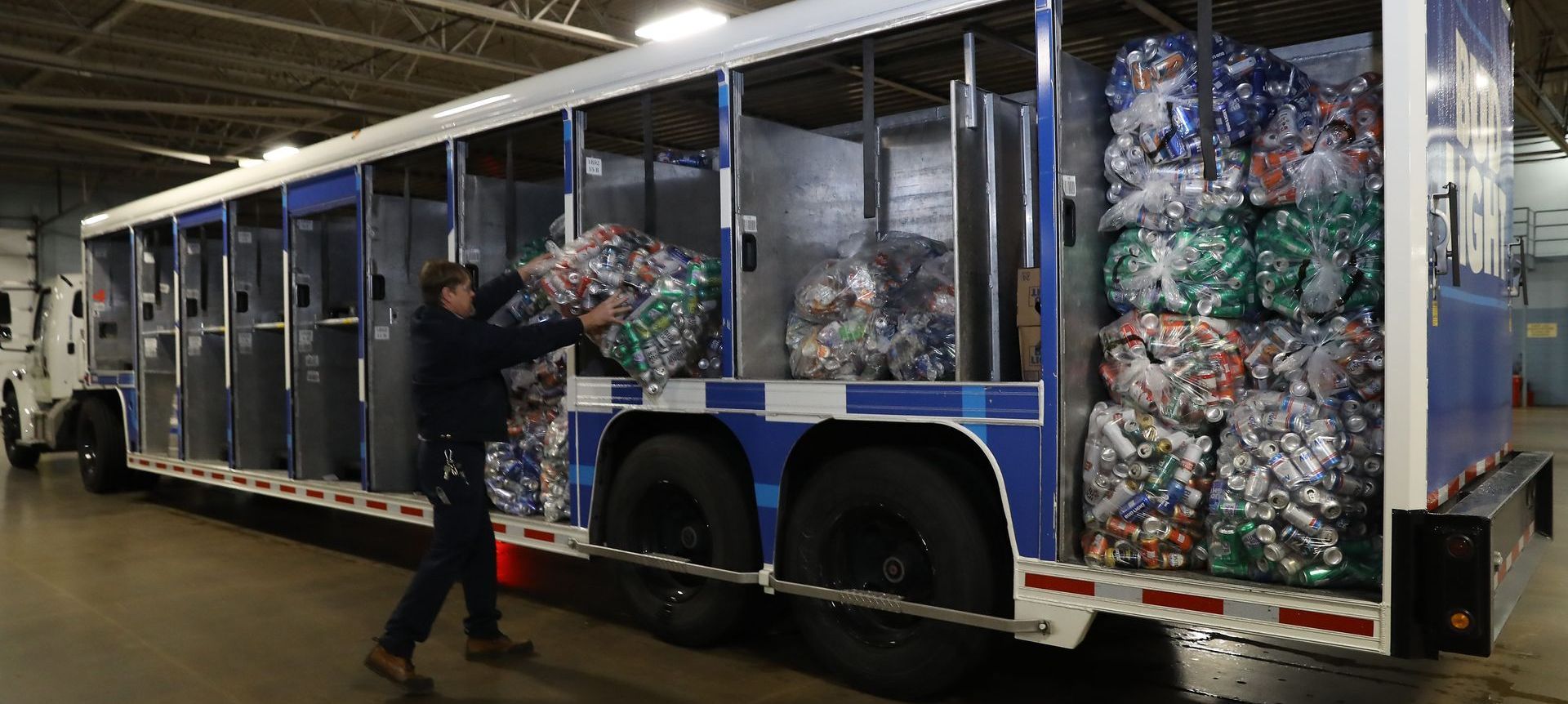
When Michigan voters approved a statewide bottle return system in 1976, the program was built on a partnership between consumers, the State of Michigan and businesses accepting returns. The vision was clear: keep our streets, parks, beaches and waterways clean while conserving valuable resources through a 10-cent deposit system. Michigan's beer and soft drink distributors have been central to this effort, but the state’s reinvestment in and commitment to the program has waned over the years.
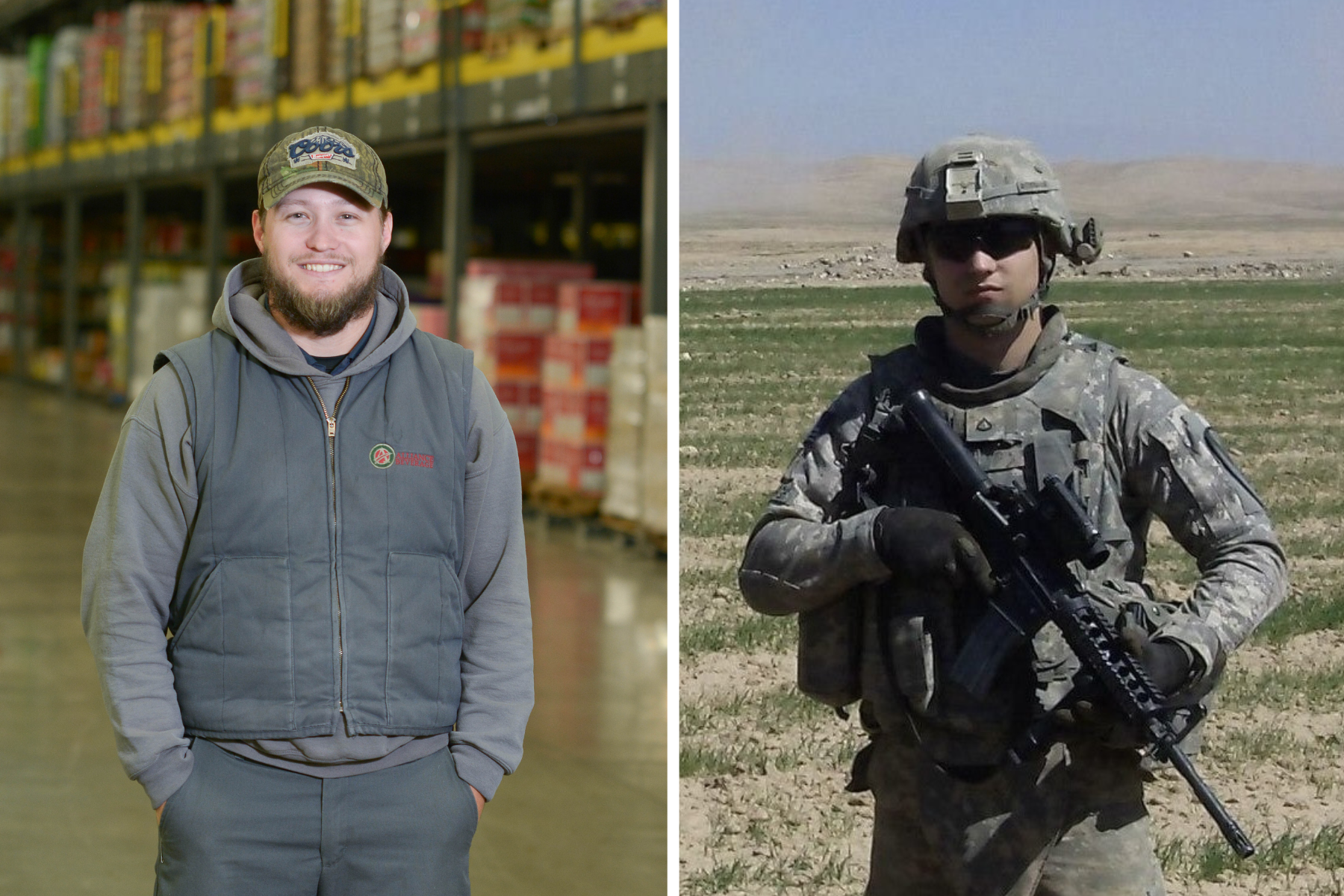
GRAND RAPIDS, Mich. – As Veterans Day approaches on Monday, Nov. 11, beer and wine distributors across the state, including those in West Michigan, are proudly celebrating the men and women who have served our country. These veterans continue to make a difference, bringing their dedication, leadership and unique skills to businesses and communities statewide.


